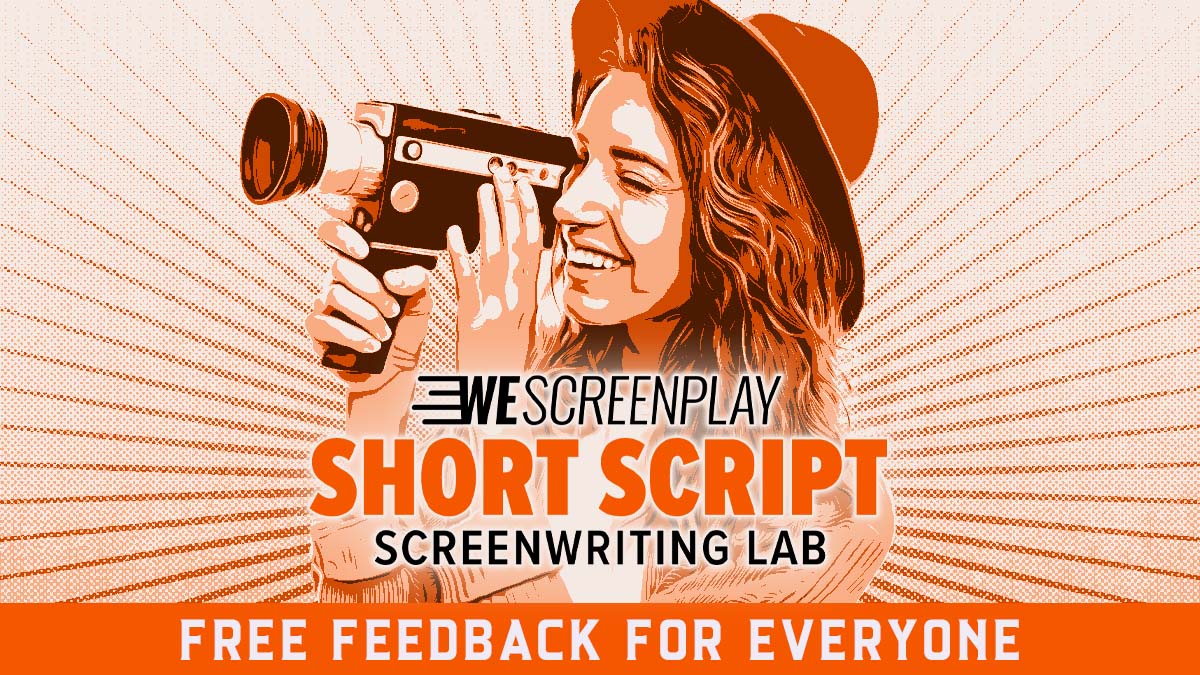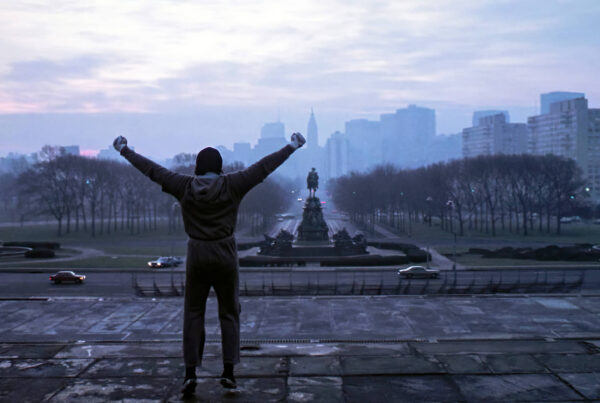 There was something displacing about watching Blindspotting — a film with a deep, immersive sense of place, that place being gentrified Oakland — amongst a rather homogenous audience in Salt Lake City. The two cultures could hardly be different; but by the end of the film’s 90-odd minute runtime, the thousand snowbound viewers had been given a rich understanding of a world that Daveed Diggs and Rafael Casal occupied. It’s the power of storytelling, and it’s something that the festival fostered in particular this year — the vitality of voices who have previously been silenced.
There was something displacing about watching Blindspotting — a film with a deep, immersive sense of place, that place being gentrified Oakland — amongst a rather homogenous audience in Salt Lake City. The two cultures could hardly be different; but by the end of the film’s 90-odd minute runtime, the thousand snowbound viewers had been given a rich understanding of a world that Daveed Diggs and Rafael Casal occupied. It’s the power of storytelling, and it’s something that the festival fostered in particular this year — the vitality of voices who have previously been silenced.
With the Oscar race divided between two types of films — those that tell marginalized stories from people who have experienced them, such as Jordan Peele’s Get Out and Greta Gerwig’s Lady Bird; and the narratives that deal with these issues in a safe, old-fashioned way (lookin’ at you Three Billboards) – the conversation seems more necessary than ever. How do we tell challenging stories that are culturally accurate, and still entertaining? How do we honor the lived-in details without sapping the narratives of their universal life? The answer is clear: you hire queer writers, writers of color, and women writers; you allow them to drive the experience within the confines of strong structure.
The examples of this practice in action were plentiful in Park City this year. Blindspotting, penned by its stars, depicts a gripping story with well-rounded characters – ones who the writers knew personally, and who also represent broader archetypes within their culture. These personalities grapple to define themselves within a fresh context throughout the film, a struggle that is vividly depicted through details that couldn’t be guessed at up by an outsider.
One of the most buzzed-about films from the festival is Sorry to Bother You, Boots Riley’s bonkers debut that shares Blindspotting’s setting and some of its themes. When discussing the film after its final screening, actress Tessa Thompson noted that the script was a dream come true for her — as a fan of quirky arthouse cinema, she longed to be a part of something in that vein, but never saw herself represented.
Riley’s vision is in line with Michel Gondry and Spike Jonze, and its focus on people of color only lends it more originality. Similarly, Desiree Akhavan, an Iranian-American queer filmmaker, brings diversity and heart to her gay conversion therapy drama The Miseducation of Cameron Post — it’s hard to imagine a white male director insisting upon that.
In some cases, the filmmaker doesn’t represent the demographic of their story. Hari Nef, the star of midnight hit Assassination Nation, explained that writer/director Sam Levinson involved her and her co-stars in the development process: he ensured that their input influenced the politically dark story that he was telling.
The Brazilian film Loveling provides a different perspective – it’s about a middle-aged mother, directed by a man, but co-written by the lead actress. Her insight is clear in the film, which features emotional and practical details of motherhood that a father could hardly guess at on his own. In either case, the stories could have become clichéd or broad — some might argue that Assassination Nation remains so, but it undoubtedly would have been unwatchable had Nef and co-stars not ensured that their characters remained empowered.
Certainly, queer stories, narratives of oppressed people and downtrodden women and neighborhoods destroyed because of their demographic, have been told before. It’s the sheer volume of these stories that makes Sundance 2018 notable. The quality of the films isn’t as strong as the previous year — there’s no Mudbound, Get Out or Call Me By Your Name this time around — but that doesn’t mean the stories don’t matter. They speak to our times in a fresh, vibrant way, owed to the screenwriters and directors whose visions have been fostered.
Even if the films and stories are flawed, the diversity is essential; the teenager who stumbles across Blindspotting or Cameron Post will hardly care about technical mistakes or structural messiness when witnessing their own lives represented so honestly. It speaks to what will hopefully become the new future of film — these wide-ranging voices should be allowed to make mistakes, too, as long as their intention is genuine and their stories speak to a societal truth. That’s the lesson to learn from this year’s Sundance: the way diversity must be incorporated into the writing process. If we don’t include and foster these voices, we can’t hope to find the next wave of storytellers, who will take us even further. That’s why WeScreenplay has a Diverse Voices Screenwriting Contest. Click here to learn more.
 BEN LARNED is an independent genre writer and filmmaker based in Los Angeles. He has written for outlets such as Blumhouse, Bloody Disgusting The Script Lab and ScreenCraft. His column Forbid
BEN LARNED is an independent genre writer and filmmaker based in Los Angeles. He has written for outlets such as Blumhouse, Bloody Disgusting The Script Lab and ScreenCraft. His column Forbid

















